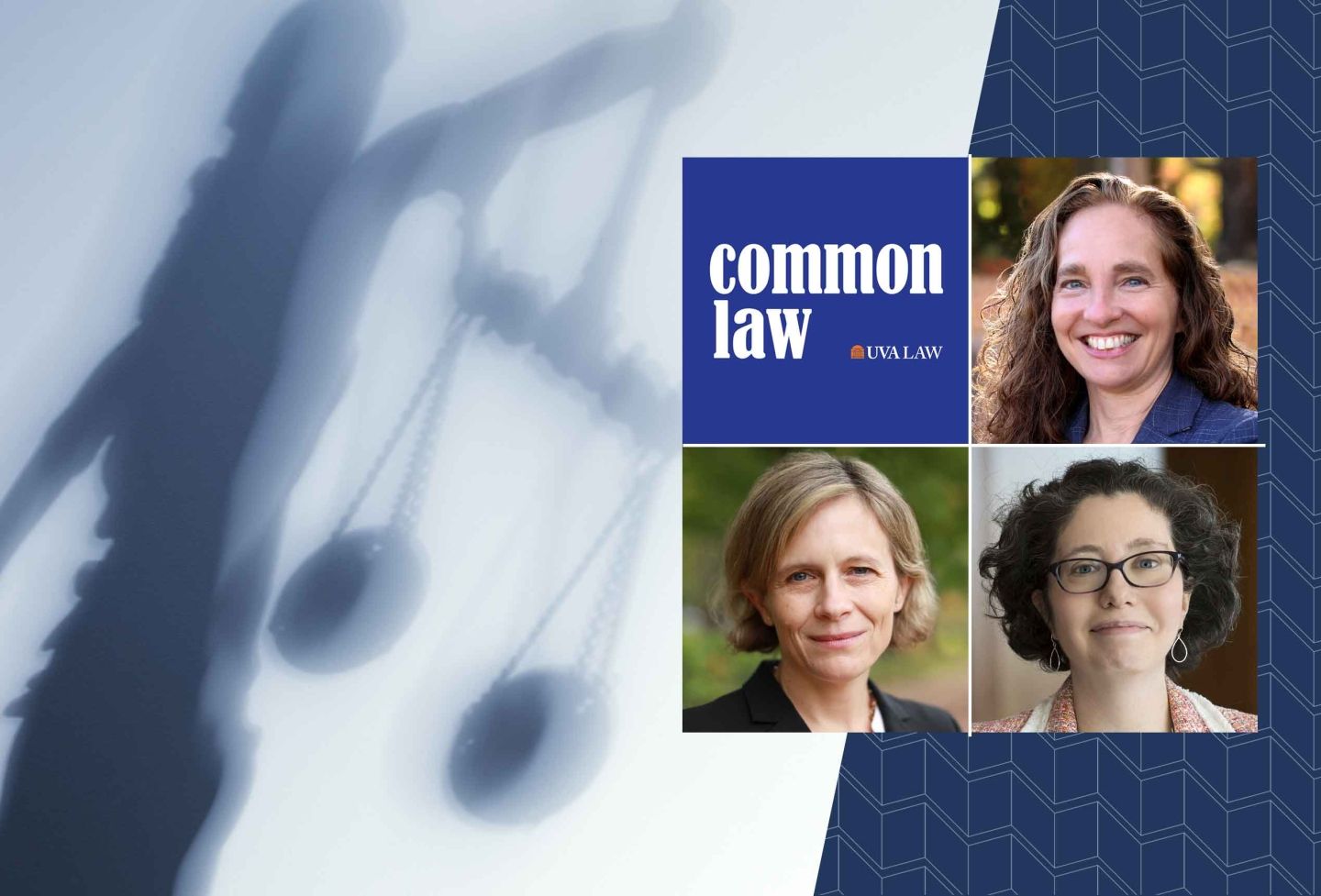A coalition of criminal justice scholars, including Rachel Harmon of the University of Virginia School of Law, released a list of reforms Wednesday to address problems in American policing.
“We have a long way to go to achieve fair and less harmful policing in this country,” Harmon said. “But in the meantime, there are immediate legal changes that can make things better.”
Recent killings of people of color nationwide by police during arrests, including that of George Floyd in Minneapolis, “have brought to the fore longstanding concerns about the nature of policing in the United States and how it undermines racial equity,” a press release issued by the group states. “As an institution, policing needs significant reconsideration.”
The authors’ report, “Changing the Law to Change Policing: First Steps,” explains why the structure and governance of policing should be rethought, while looking at the appropriate role of police in achieving public safety.
The report “provides concrete actions for officials at the federal, state, and local levels to advance immediately the process of transforming policing in all levels of government,” the press release states. “At the federal level, the document includes clear guidance on enforcing constitutional rights, regulating police practice, promoting uniform standards, standardizing data collection and information-sharing, regulating federal policing agencies, and supporting institutional reform. State-level reforms include promoting substantive legislation on police policies and practices, improving data and transparency, supporting state-level institutional reform, and reviewing criminal codes and enforcement discretion. Local guidance addresses building robust accountability systems, assessing budgets, reviewing municipal and county codes, and exploring consolidation across local agencies.”
Harmon, a professor of law who directs the new Center for Criminal Justice at UVA Law, is a leader in the field of police and regulation. She teaches in the areas of criminal law and procedure, policing and civil rights, and often advises nonprofit organizations and police departments on legal issues involving the police. In the fall of 2017, she served as a law enforcement expert for the “Independent Review of the 2017 Protest Events in Charlottesville, Virginia.”
Harmon moved into academia in 2006 after spending eight years as a federal prosecutor in the Criminal Section of the U.S. Department of Justice’s Civil Rights Division and the U.S. Attorney’s Office for the Eastern District of Virginia.
In addition, the following scholars contributed to the recommendations:
- Barry Friedman, Policing Project at New York University School of Law
- Brandon L. Garrett, Center for Justice and Science at Duke University School of Law
- Christy E. Lopez, Innovative Policing Program at Georgetown Law School
- Tracey L. Meares, Justice Collaboratory at Yale Law School
- Maria Ponomarenko, Policing Project at NYU School of Law; University of Minnesota Law School
- Christopher Slobogin, Criminal Justice Program, Vanderbilt University
- Tom R. Tyler, Justice Collaboratory at Yale Law School
“This document provides a much-needed framework to understand not only which reforms are critical, but also which level of government is best suited to enact them,” said Friedman, faculty director of the Policing Project at NYU Law. “Achieving the transformation of policing that this country needs and deserves is contingent on a coordinated effort at the federal, state, and local level.”
Harmon is among the scholars who are also reporters for the American Law Institute’s Principles of the Law: Policing, which works with advisers from across the ideological spectrum to draft high-level principles to govern policing. The recommendations in this new report go beyond the scope of the ALI project.
“We’ve developed a legal approach to change the police that is responsive to the now,” said Meares of the Justice Collaboratory at Yale Law School. “It is a list changes to the law, that can be implemented urgently, and where there is a strong evidence base.”
The guidance is the latest in a series of reforms outlined by leading scholars, policymakers and advocates to transform policing, achieve racial equity, and support safe, resilient communities. This document compliments other reform guidance such as the Equal Justice Initiative’s “Reforming Policing in America 2020,” and “How to Actually Fix America’s Police,” an editorial in The Atlantic by Seth Stoughton ’11, Geoffrey Alpert and Jeffrey Noble, former deputy chief of the Irvine (California) Police Department. The report is released on the heels of an urgent call from more than 400 civil rights organizations for federal reforms to policing.
Founded in 1819, the University of Virginia School of Law is the second-oldest continuously operating law school in the nation. Consistently ranked among the top law schools, Virginia is a world-renowned training ground for distinguished lawyers and public servants, instilling in them a commitment to leadership, integrity and community service.


